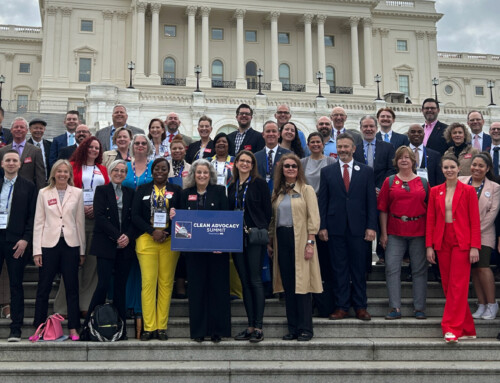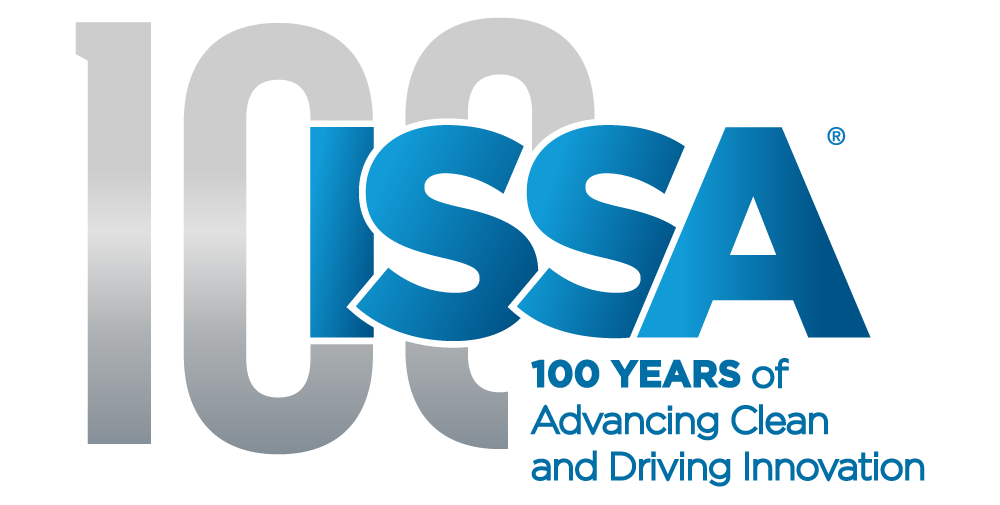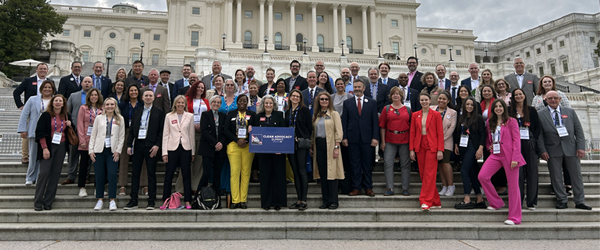New Law to Impact Body Washes and Other Cosmetic Products
On Dec. 29, 2022, the Modernization of Cosmetic Regulation Act of 2022 (MoCRA) was enacted into law, which will have a huge impact on manufacturers and distributors of body washes, cleansing wipes, and other cosmetic products when it goes into effect on Dec. 29, 2023. Under the Federal Food, Drug, and Cosmetic Act, 21 U.S.C. 321(i), “cosmetics” are defined as “articles intended to be rubbed, poured, sprinkled, or sprayed on, introduced into, or otherwise applied to the human body or any part thereof for cleansing, beautifying, promoting attractiveness or altering the appearance …”
MoCRA brings the U.S. Food & Drug Administration’s (FDA) authority over the beauty and personal care sector more in line with other categories it regulates such as over the counter drugs, devices, and foods. It does so largely by requiring cosmetic manufacturers to register their facilities and list their products, thereby putting such entities and products on the FDA’s radar. The FDA also increases its oversight of cosmetic safety by requiring adverse event reporting, GMP and recordkeeping requirements.
This article summarizes the major provisions of MoCRA and how they will impact manufacturers of body washes, cleansing wipes, and other cosmetic products. As explained below, manufacturers of covered products should not delay considering compliance with MoCRA, as the act takes effect on Dec. 29, 2023, and will require facility registration and product listing by that date.
Mandatory Facility Registration and Product Listing Facilities (establishments that manufacture/process cosmetic products, including importers of cosmetic products) are required to register and provide information on their products (product listing). Exempted from these requirements are, among others, facilities only involved in labeling/packaging with no filling of product containers, retailers, trade shows, and certain small businesses (unless they manufacture, or process certain types of cosmetics prescribed in the Act).
- Facilities are required to register with the FDA within a prescribed timeframe.
- Existing facilities (before MoCRA enactment) are required to register within one year after the date of enactment (deadline Dec. 29, 2023).
- New facilities (established after Dec. 29, 2022) must either register within 60 days of first engaging in the manufacturing or processing of cosmetic products or 60 days after the 1-year registration deadline from the enactment of MoCRA, whichever is later.
- Registered facilities must renew their registration biennially.
- Facilities must submit detailed cosmetic product listings of their products with lists of ingredients including colors, fragrances, and flavors.
- For existing cosmetic products (before the enactment date), the deadline is on or before Dec. 29, 2023.
- For new cosmetic products (after the enactment date), the product listing must be submitted within 120 days of the product entering the market.
- Thereafter, any updates to these listings must be made annually.
Although there is no clear indication in the law document on how the registration of facilities and product listing should take place, given that the FDA already has the Voluntary Cosmetic Registration Program (VCRP) in place, it is probable that this setup can be used to fulfill the registration and product listing requirements.
Labeling Every cosmetic label will be required to include a domestic address, domestic phone number or electronic contact information, which may include a website through which the company can receive adverse event reports. This is in addition to the existing requirement to have address information on the label. This provision becomes effective two years after the passage of MoCRA (December 2024).
In addition, fragrance allergens will need to be identified on the cosmetic product label. No specific substances and requirements are included in MoCRA at this time, but the FDA must issue a proposed ruling within 18 months of the enactment date and a final rule within 180 days from the closing of the public comment period (by Dec. 2024). After this date, products that fail to list fragrance allergens on the label will be considered misbranded. The type of substances and requirements that will possibly be considered are, among others, those listed in the European Union Cosmetics Regulations.
Safety Substantiation and Mandatory Recalls MoCRA requires manufacturers to maintain records of adequate substantiation of safety for their cosmetic products and ingredients. This includes having tests, studies, analyses, or other evidence considered by qualified and trained experts as sufficient information to support the safety of a product. Any records and other information pertaining to the products must be made available upon request by an FDA designated officer, including when facility inspections take place.
In addition, under MoCRA FDA has the authority to issue mandatory recalls for cosmetic products determined to be adulterated or misbranded that can cause serious health effects and can suspend the facility’s registration thus preventing the facility from operating.
Serious Adverse Event Reporting Requirements The responsible person (manufacturer, packer, or distributor whose name appears on the label of the product) must submit to the FDA any reported serious adverse effect (e.g. death, significant rashes/burns or any reaction that requires medical intervention) related to the customary use of a product. The submission must be done within 15 days from the time the responsible person received the incident reporting, and any new medical information obtained within 1 year of the initial report submission must be added within 15 days to the initially filed report.
Records of these events must be kept for 6 years, except for small businesses that need to maintain such records for 3 years. Fragrance and flavor ingredients suspected by the FDA to have caused or contributed to a reported serious adverse event may be required to be submitted in writing by the responsible person within 30 days of the request.
Good Manufacturing Practices MoCRA directs FDA to establish GMP regulations consistent with national and international standards. FDA must issue a proposed rule within two years after the December 29, 2022 enactment and a final rule no later than three years after MoCRA’s enactment. If a cosmetic product has been manufactured or processed under conditions that do not meet these regulations, it will be deemed adulterated under the FDCA.
PFAS in Cosmetic Products MoCRA requires FDA to assess the scientific evidence regarding the safety of, and risks associated with, the use of perfluoroalkyl and polyfluoroalkyl substances (PFAS) in cosmetic products. The FDA is also required to issue a report within three years of MoCRA’s enactment summarizing the results of its assessment.
Exemptions and Limitations of Application of MoCRA MoCRA exempts cosmetic/drug and cosmetic/device combination products from certain requirements related to adverse event reporting, GMPs, registration/listing, safety substantiation, recordkeeping, and mandatory recall authority. FDA’s oversight for such combination products presumably will be handled under the agency’s drug or device authorities. However, the foregoing exemptions are not applicable to facilities that manufacture both combination products and cosmetics.
In addition, owners/operators of “small businesses,” which are defined as those whose average gross annual sales of cosmetic products in the United States for the previous three-year period is less than $1,000,000, and who do not engage in the manufacturing or processing of cosmetic products, are exempt from the GMP and registration/listing requirements.
Looking Forward Although many of the new MoCRA requirements do not become effective until the end of this year (i.e., one year after the law was enacted), it is important for cosmetics manufacturers and processers to proactively think about these requirements to ensure they have robust compliance programs in place to comply with these new obligations. We expect that the FDA will issue guidance for industry concerning the new requirements, and state laws may also change in response once the full extent of the FDA requirements become known. Such changes may also spur manufacturers to rethink their contracts with raw material/ingredient suppliers in order to comply with the new requirements and shift the burden for such compliance to suppliers where possible.

















